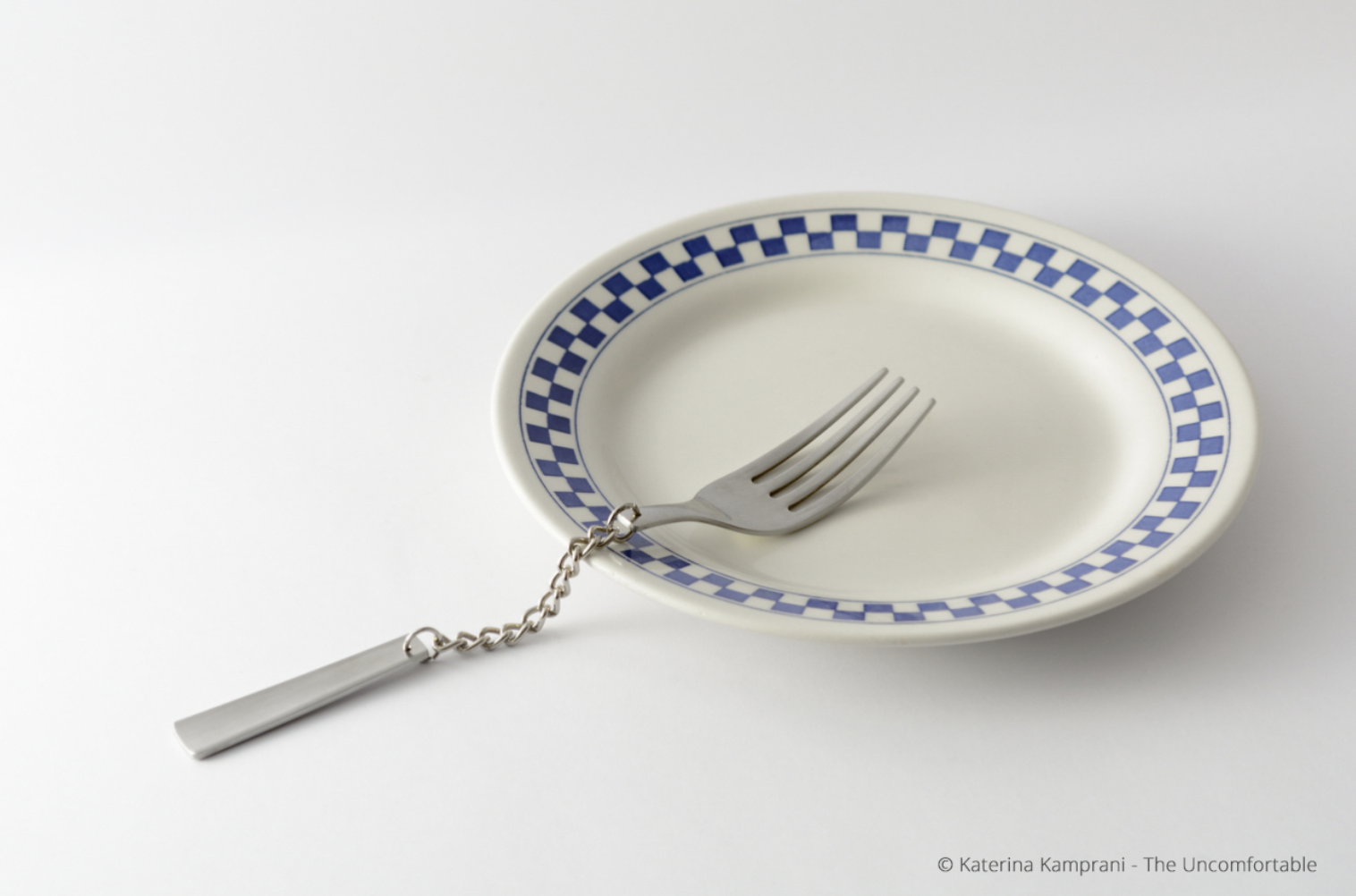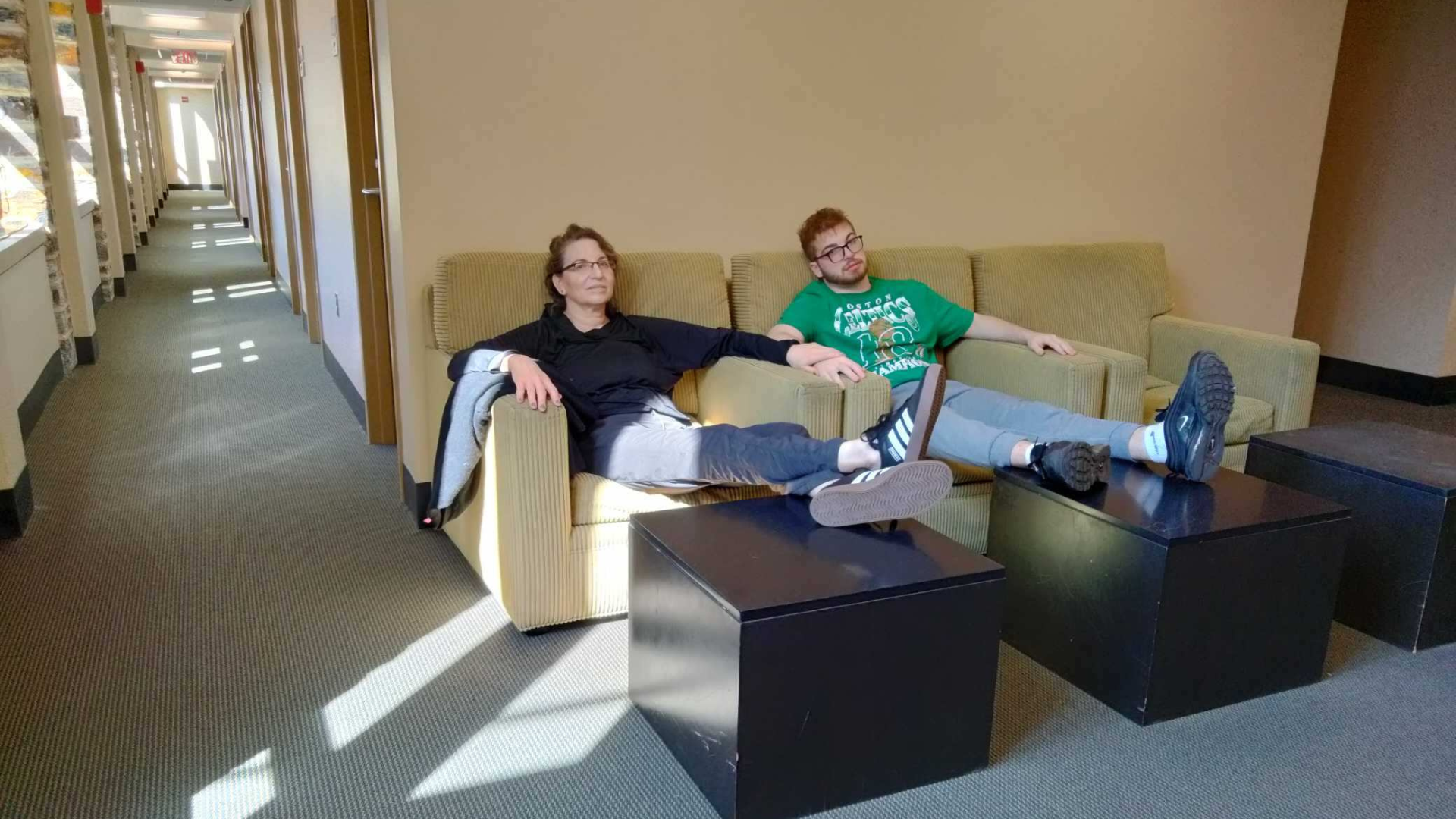
Over the past 20 years as an influencer I have lost my source of income so many times that if you ask my kids what they want to be when they grow up, they’ll say: “a salaried worker.” I’ve had sponsors who paid $5,000 a post to talk about their product. I had people who paid me $15,000 a speech to talk about online trends. But we’ve also had electricity turned off and run out of food because you can never predict when a source of online income will disappear, and as an influencer it’s almost impossible to get a job — because your brand is too big for someone else’s brand. Here’s what I’ve learned about having a platform pulled out from under me: Read more

You can also read it on Instagram as panels instead of a flipbook.
I had Nino read it when I was doing the final edits. Thirty years ago, when we were dating, I discovered he was a good editor, and he edited most of what I wrote for the first seven years we were together. Then we had kids and things became chaotic. But here we are, with two kids in college, so I thought I’d try having him edit again.
He’s still a good editor. But when I gave him this flipbook he said, “You should have given me a trigger warning or something.”
I said, “What? You already know the whole story.”
He said, “It upsets me more now I guess. I’m really sad for you. You have to find someone else to edit this.”
I did find someone else to edit. But I think I found something in Nino as well. After all these years he loves me so much that he can’t be impartial with the stories. That made me feel really loved. Like, all these years I’ve been through with him. So much disappointment. But it doesn’t feel disappointing to be cared for.

I forced myself to sign up for all sorts of premium subscriptions which I don’t usually do, because I’m so likely to forget to cancel the subscription before the trial ends. Of course, AI can remind me to cancel the trial, but AI can’t stop my habit of saying, “Oh yeah. Okay I’ll do that as soon as I finish what I’m doing.”
So anyway, here is the list of AI I paid for in the last month and how I used it. Read more

Reminder that tonight at 7pm – 9pm Eastern I’m hosting a free, live session to talk about autism. Here’s the link: https://us06web.zoom.us/j/82800295802?pwd=LfTfUHmWnqbbQdLJCbD9U8Wd7L571A.1
The platitudes about autism being a gift miss the more important point that pretty much every major movement, invention, and breakthrough has been from someone autistic. Here’s the science behind why that is true: Read more

Electronic Superhighway by Nam June Paik
In the 80s my teacher asked, “How did it happen that the Republican party ended slavery yet Black people are Democrats?” That was his introduction to the process of party realignment in the US. In the 1960s the Democrats supported Civil Rights and the party lines were redrawn. And the teacher told us we are due for another Read more
I told a friend I keep not finishing things and he said, “Yeah, the last 10% of anything is the hardest.” A light bulb went off. Once I realized that this is a problem everyone has I could see the last 10% more clearly. And all day I’ve been finishing things.
For a long time I’ve been wanting to have a live session where we all talk about autism and this post is my last 10%. Now we have a date and time: Wed, Nov. 13, 7-9 pm ET. And we have a link. Here it is:
https://us06web.zoom.us/j/82800295802?pwd=LfTfUHmWnqbbQdLJCbD9U8Wd7L571A.1

I was a guest on Sarah and Meghan’s podcast last week and the most important topic I covered was that I lost 35 pounds. Check out that picture of the new, svelte me at parent’s weekend. (The semi-pained look on my face is becase I was promising I’ll separate my son’s PayPal from my bank account even though I have no plan for how.) Read more

I really want to call my friend Minami even though its the middle of the night. I want to wake her up to ask if this picture is a good one to post here. I want to ask her if the frame on the picture is too thick. I want to ask if the blue on the coat is too thin.
But I promised myself I’d post tonight and I’m not going to wake her up, so here’s my newest flipbook.
I’m trying to get better at finishing projects; I notice that often, when I’m very close to finishing something I get scared that it’s bad and I leave the last 3% unfinished so I never have to find out for sure.
I might have become a hoarder of unfinished projects. You know what those homes look like on the TV show Hoarders? That’s what the inside of my head looks like.
And you know how on Hoarders the person works all day to get one little bunch of stuff packaged to go? And they’re so proud? That’s me. Giving this package to you.

I coach a recovering alcoholic and she tells me about the power and confidence she felt when she was drinking and how much she misses that. I wonder about my own power and confidence. I thought it would come back when the kids left for school. Read more

I’ve been on Instagram posting my drawings and stories. But that lasted about a month before my kids asked me to remove posts they didn’t want their friends to see.
Then they reconsidered: “You know what? Just delete the whole account.”
So I guess anything goes if I’m posting on a blog, because my kids see blogging as irrelevant: like VHS but for writing. Instagram though, that’s the center of their universe.
So I deleted my Instagram account, and I turned my most recent Instagram story stuff into a flip book. Surely my kids will think flip books are as dumb as blogs, so I’ll be ok.
Here it is. I hope you like it.

